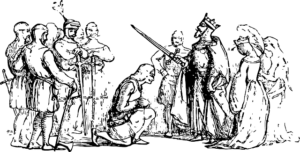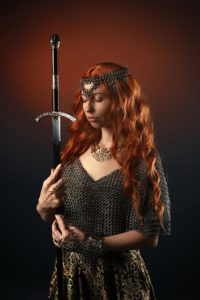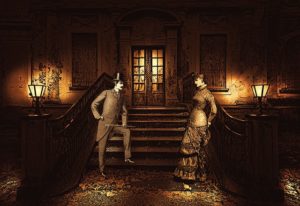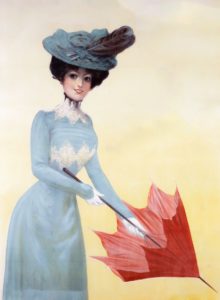Song of the Sparrow
By Lisa Ann Sandell
Very few books have stayed with me since I was a child; that lasting impact is elusive and unquantifiable. The list for me doesn’t even use one hand: The Giver, The Two Princesses of Bamarre, and Shadow Spinner have been books I’ve thought about every now and then as I’ve grown up. Some I’ve reread. Song of the Sparrow is another book my mind has drifted to over and over.
There is something about this book that captured my attention, and I distinctly remember being unable to put it down. It’s a relatively short read, even for YA.

Now, with the more discerning eye of the writer and editor, I’ve reread my childhood favorite. I’m happy to report I love Song of the Sparrow as much as I did in the past, if not more.
So what drew me to this book and hooked me? The emotions. Song of the Sparrow is filled with a level of emotional maturity I rarely see in books. Its prose is poetic and lilting, written entirely in the lyrical form. (This book is 100% responsible for my early poetry curiosity.) And Sandell delivers. She writes of friendship, growing up, infatuation, young love, family, and so much more.
Elaine of Ascolat is the main character. She is sixteen, and she has grown up in a military camp surrounded by men who love her as family. Her story, her coming of age, is beautiful, and I’m struggling to say everything I want to without extreme spoilers. Of course, with Arthurian legend, many characters are going to be familiar: Arthur (of course,) Lancelot, Gwynevere, Morgan, and Merlin are just a few. But Sandell makes them people rather than legends. OK, maybe Merlin is still just as “wizardy” and odd as he is in most legends, but everyone else is definitely their own person with their own thoughts, beliefs, and ideas! They clash, forgive, confess, and cry. The emotional vulnerability and authenticity shown in Sandell’s book, through her characters, brings them to life.

Just like The Two Princesses of Bamarre, Song of the Sparrow had an impact on how I viewed romantic relationships and what I decided I wanted for myself. The huge, dramatic love I saw in movies and in most books always had so much yelling and heartbreak and, well, drama. And it never set right with me. What I wanted—what I needed—was love born from deep friendship. Song of the Sparrow is one of the few books that showed me it was possible, that what I wanted was something worth dreaming about. As I write this review, I’m twenty-eight, and I’ve married my best friend. So really, I have two books to thank for helping make my dreams come true.
Bottom line? I am forever impressed with Song of the Sparrow, in love with its form and characters, and, if you need me, I’ll be searching for anything else Sandell has written.
~ Anna
(Entry 36)






